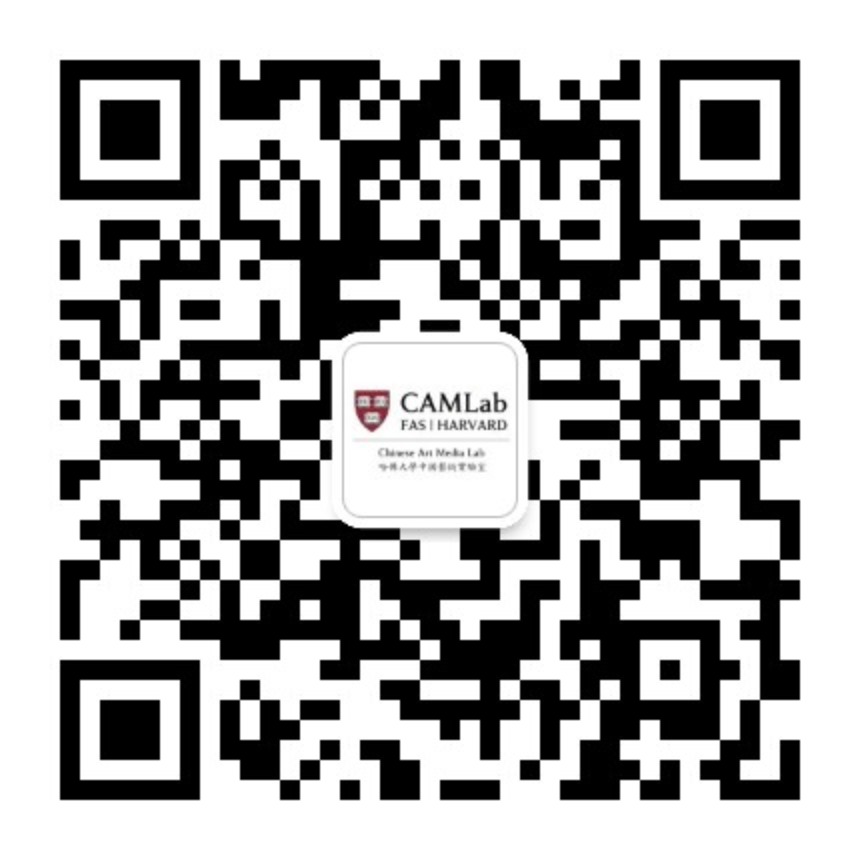July 31, 2019, 1:00 PM EST
WANG Ying 王颖
Research Scholar at Harvard-Yenching Institute
Research Fellow at Tongji University, College of Architecture and Urban Planning
后现代主义在中国:一种生产性的误读
Of the various architectural theories introduced from the West in the 1980s, Postmodernism made a particularly striking impact in China, and enjoyed remarkable popularity. Attracting both a high level of interest and also considerable criticism, it profoundly affected Chinese architectural discourse and practice. This lecture examines how Postmodernist publications were transferred into Chinese and therefore de-contextualized. It argues that although the translations of the work of Jencks and others were based upon some misunderstandings, they nevertheless helped, in an oblique way, to overcome the awkwardness of the revivalist style and happened to work as a “tactic” in the maturation process of Chinese architecture, which has slowly come into its own as a complicated way of dealing with traditions, materials, construction techniques, ideological obsessions and architectural logic.
July 31, 2019, 1:00 PM EST
WANG Ying 王颖
Research Scholar at Harvard-Yenching Institute
Research Fellow at Tongji University, College of Architecture and Urban Planning


